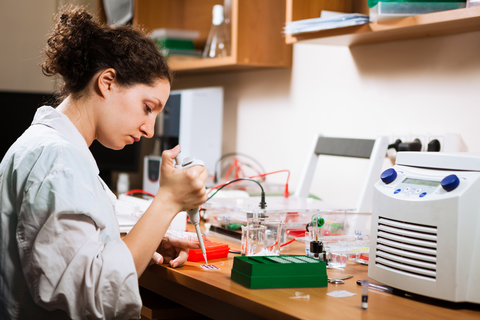Bionema appoint new Finance Director

Bionema has announced the appointment of Stephen Burt as Finance Director.
MediWales reports Stephen Burt is a qualified Chartered Accountant with PwC and has more than twenty years experience across a number of South Wales’ blue chip manufacturing businesses and was recently Managing Director of healthcare supplier Rocialle, part of the Clinical Solutions division of Berendsen plc. He will work closely with Founder and Chief Executive Officer of Bionema Ltd, Dr Minshad Ansari, who formed the business in June 2012 as a spinout from Swansea University.
Stephen Burt said “This is a business with great potential, addressing a significant and growing need in the turf amenity, forestry and horticulture industries. With increasing regulation and growing concerns over health implications and food safety the time is perfect to bring new, innovative and effective chemical-free solutions to the market. I look forward to working with Minshad and the rest of the team as we take the business forward.”
Minshad Ansari said “Company investment has been about £2.0 million to date. We recently raised £500,000 in equity investment, led by an overseas private investor with co-investment from the Development Bank of Wales, Swansea Innovations, Swansea University, and existing investors as part of the product development. More recently the company has been awarded grant funding of £766,000 from Innovate UK to develop a novel formulation technology of biopesticide for control of major horticultural insect pests.” He said the appointment will support the growth and development of the company as they commercialise new bio-based products which can “fill the gap” in the market.
Bionema creates chemical-free pest management solutions for the horticulture, turf amenity, landscape, horticulture and forestry sectors. With over thirty years experience in research, development and commercialisation of biopesticides, the biopesticides they develop are natural products which use microorganisms (fungi, bacteria and nematodes) to protect crops from insect damage, reducing the use of synthetic pesticides and enhancing increasing crop yields.








